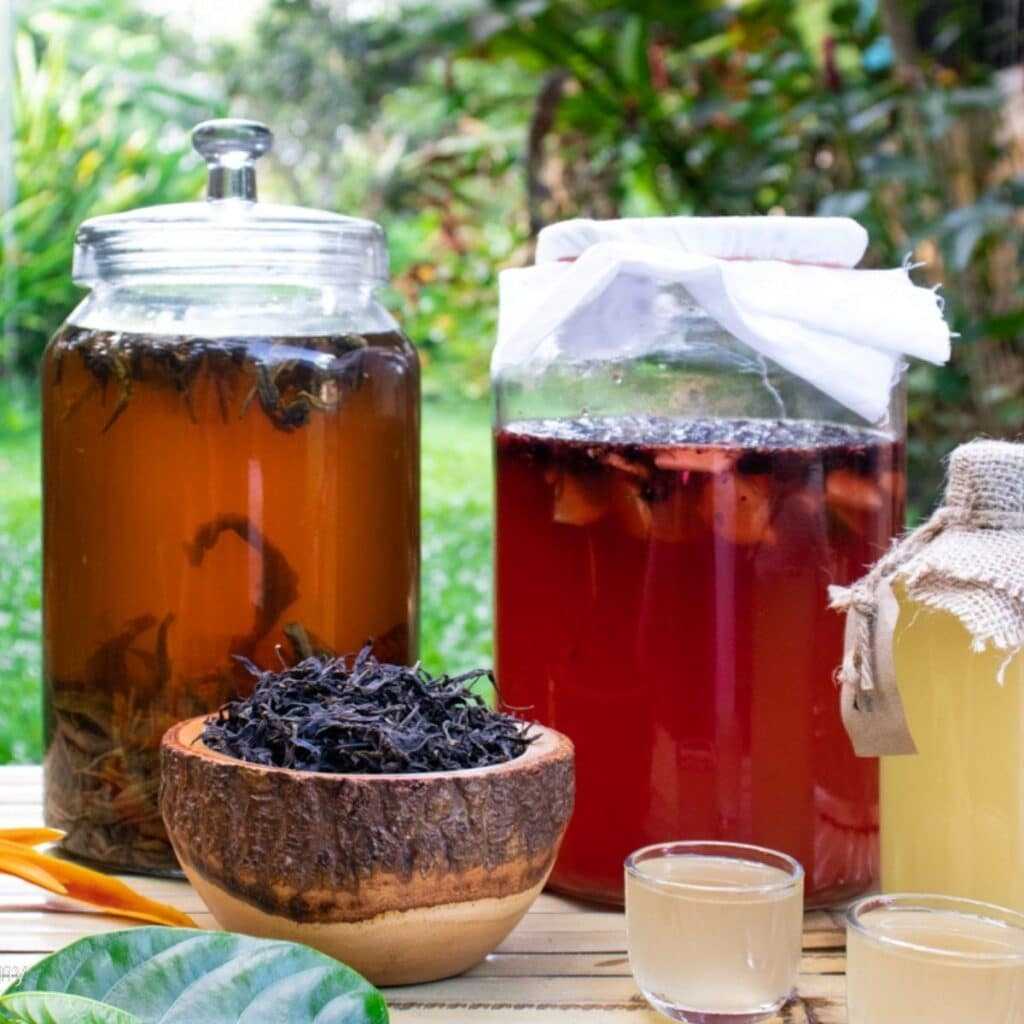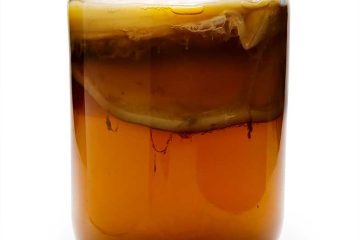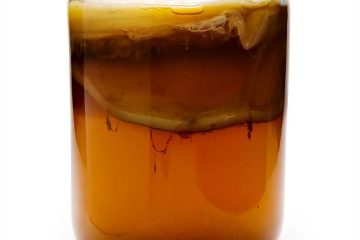kombucha tea wikipedia

Step into the fascinating world of Kombucha Tea – a centuries-old elixir that has captivated taste buds and piqued curiosity worldwide. As you delve into the realms of this fermented wonder, prepare to uncover a myriad of flavors, health benefits, and historical anecdotes that make Kombucha Tea a beloved beverage steeped in tradition and modern allure. Join us on a journey through the pages of Kombucha Tea’s Wikipedia entry, where the story of this effervescent drink unfolds like a tapestry of culture, wellness, and tantalizing taste sensations.
Table of Contents
- Understanding the Origin and History of Kombucha Tea
- Exploring the Health Benefits of Kombucha Tea
- Unveiling the Brewing Process of Kombucha Tea
- Tips for Incorporating Kombucha Tea into Your Daily Routine
- Q&A
- Future Outlook
Understanding the Origin and History of Kombucha Tea
Kombucha tea, a fermented drink with ancient roots, has gained popularity as a health elixir in recent years. The origin of this tangy and effervescent beverage can be traced back to Northeast China around 220 BC, where it was revered for its supposed detoxifying and energizing properties. Legend has it that Kombucha tea was called the ”Tea of Immortality” by the Chinese due to its numerous health benefits.Over the centuries, the consumption of Kombucha tea spread to Russia, Europe, and eventually to the rest of the world. Its popularity surged in the early 20th century when it caught the attention of health enthusiasts seeking natural remedies. Made from a combination of black or green tea, sugar, and a symbiotic culture of bacteria and yeast (SCOBY), Kombucha tea undergoes a fermentation process that gives it its distinctive flavor and potential health benefits. Rich in probiotics, antioxidants, and organic acids, Kombucha tea is believed to support gut health, aid digestion, and boost the immune system.
Exploring the Health Benefits of Kombucha Tea
Kombucha tea is a fermented drink that has gained popularity for its potential health benefits. This effervescent elixir is made from tea, sugar, bacteria, and yeast, resulting in a slightly tangy and fizzy beverage. Rich in probiotics, kombucha is believed to support gut health by promoting the growth of beneficial bacteria in the digestive system.Beyond gut health, kombucha tea is also revered for its antioxidant properties. These antioxidants help to combat oxidative stress in the body, which may reduce the risk of chronic diseases and inflammation. Some studies suggest that kombucha tea may even have antimicrobial and anticancer effects, although more research is needed to fully understand the extent of its health benefits. Overall, incorporating kombucha tea into your diet may be a tasty way to support your overall well-being.
Unveiling the Brewing Process of Kombucha Tea
Discover the enchanting journey of how Kombucha tea transforms from a simple mix of ingredients into a mystical elixir loved by many. This ethereal brewing process involves a delicate dance of fermentation, patience, and precision.
<p>During the brewing of Kombucha tea, a symbiotic culture of bacteria and yeast, known as SCOBY, works its magic. This living organism gracefully interacts with sweetened tea, creating a harmonious blend through the alchemy of fermentation. The result? A sparkling, slightly tangy beverage that not only tantalizes the taste buds but also nurtures the body and soul.</p>
Tips for Incorporating Kombucha Tea into Your Daily Routine
Kombucha tea enthusiasts are always searching for new ways to seamlessly integrate this tangy and effervescent drink into their daily routines. One simple yet effective tip is to swap out your morning cup of coffee with a refreshing glass of kombucha. The natural caffeine in kombucha provides a gentle energy boost without the jitters often associated with coffee. Plus, its probiotic content can help support a healthy gut, setting a positive tone for the rest of your day.Another innovative way to enjoy kombucha daily is by incorporating it into your mealtime rituals. Use kombucha as a versatile ingredient in salad dressings, marinades, or even as a tangy addition to your favorite cocktails. The possibilities are endless when it comes to incorporating this probiotic-rich elixir into your culinary creations. By getting creative with how you consume kombucha, you can reap its numerous health benefits while adding a flavorful twist to your daily routine.
Q&A
Q: What is kombucha tea?A: Kombucha tea is a fermented drink made from tea, sugar, and a symbiotic culture of bacteria and yeast (SCOBY). It is known for its tangy flavor and effervescence.
Q: How is kombucha tea made?
A: To make kombucha tea, black or green tea is brewed, sugar is added, and the mixture is left to ferment with the SCOBY for a period of time, usually 7-14 days.
Q: What are the potential health benefits of kombucha tea?
A: Kombucha tea is often touted for its probiotic properties, which can aid in digestion and gut health. It also contains antioxidants and small amounts of vitamins and minerals.
Q: Are there any risks associated with drinking kombucha tea?
A: While kombucha tea is generally safe for most people to consume, there are risks associated with homebrewed kombucha, such as contamination leading to illness. It is recommended to purchase kombucha from reputable sources.
Q: How can one incorporate kombucha tea into their daily routine?
A: Kombucha tea can be enjoyed on its own as a refreshing beverage, used as a mixer in cocktails, or even added to smoothies for an extra probiotic boost.
Q: Where can one find more information about kombucha tea?
A: For more information about kombucha tea, you can visit reputable sources like Wikipedia, health websites, or consult with a healthcare professional for personalized advice.




0 Comments